Importance of Marine Radios in Commercial Settings
Before we dive into the specifics, let’s emphasize the crucial role marine radios play in the commercial maritime sector. Effective communication is the backbone of safe navigation, efficient operations, and response to emergencies. Whether it’s coordinating the movements of vessels in a busy port or calling for assistance during adverse weather conditions, the right marine radio is indispensable for maritime professionals.
VHF Marine Radios: Standard Communication Equipment
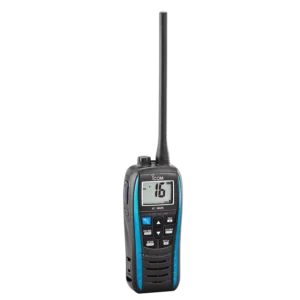
The VHF (Very High Frequency) Marine Radio stands as the standard communication equipment for most maritime applications. Operating in the VHF frequency range, these radios are ideal for short to medium-range communication. They are widely used for ship-to-ship, ship-to-shore, and port operations. VHF radios provide clear and reliable voice communication, making them an essential tool for real-time coordination in commercial maritime activities.
SSB Radios: Long-Range Communication Capabilities
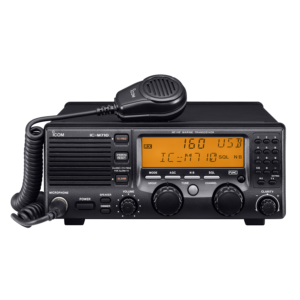
For commercial vessels that operate in long-range or remote areas, Single Sideband (SSB) Radios come into play. These radios utilize high-frequency bands, enabling communication over much greater distances compared to VHF radios. SSB radios are instrumental for vessels engaged in long-haul shipping, offshore exploration, and fishing in deep-sea waters. Their long-range capabilities make them a valuable asset for maintaining contact when traditional VHF communication is impractical.
AIS Transponders: Automatic Identification System for Vessel Tracking
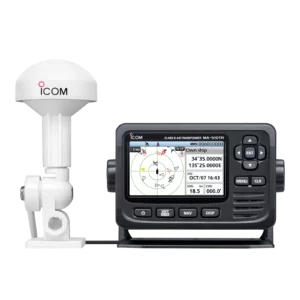
In the realm of modern maritime technology, AIS (Automatic Identification System) Transponders have revolutionized vessel tracking and collision avoidance. AIS transponders broadcast real-time information about a vessel’s identity, position, speed, and course. This technology enhances situational awareness, allowing vessels to navigate safely in congested waterways. Visit www.tecomart.co to explore a range of AIS transponders that cater to commercial applications, ensuring precise vessel tracking for improved safety and operational efficiency.
Satellite Phones: Reliable Communication in Remote Areas
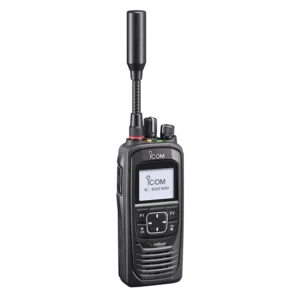
When venturing into remote or offshore areas where traditional communication infrastructure is absent, satellite phones become indispensable. These phones use satellite networks to provide reliable voice and data communication, ensuring that vessels stay connected even in the most isolated regions.
DSC Radios: Digital Selective Calling for Distress Signal
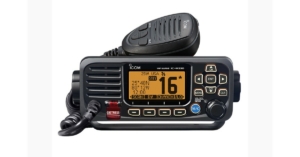
In emergency situations, time is of the essence, and DSC (Digital Selective Calling) Radios play a critical role. These radios allow vessels to send automated distress signals with precise location information, significantly reducing response times in rescue operations. DSC radios enhance safety at sea by ensuring quick and accurate communication during critical moments.
Conclusion: Choosing the Right Marine Radio for Your Needs
In the dynamic world of commercial maritime operations, choosing the right radio communication equipment is paramount. Consider the specific needs of your vessel and the environments in which you operate. Whether it’s the standard VHF radio, long-range SSB radio kit, AIS transponder for vessel tracking, reliable satellite phones, or emergency-ready DSC radios, www.tecomart.co offers a comprehensive selection to meet your diverse requirements. Invest in the right marine radio technology to navigate the seas safely and efficiently, ensuring seamless communication throughout your commercial endeavors.

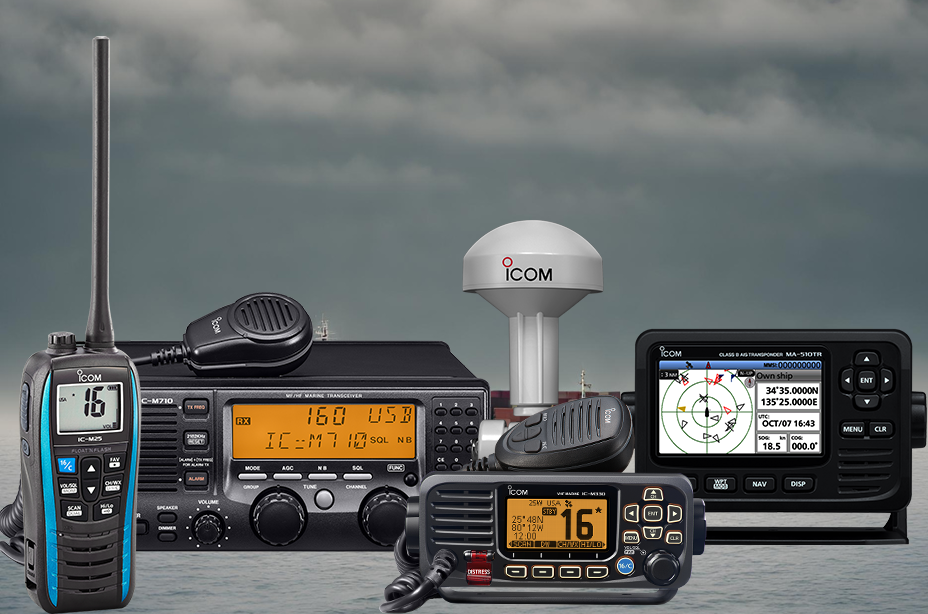
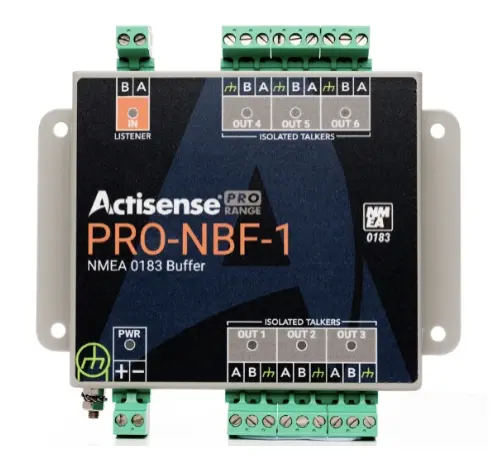
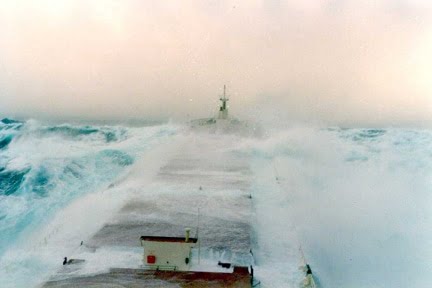
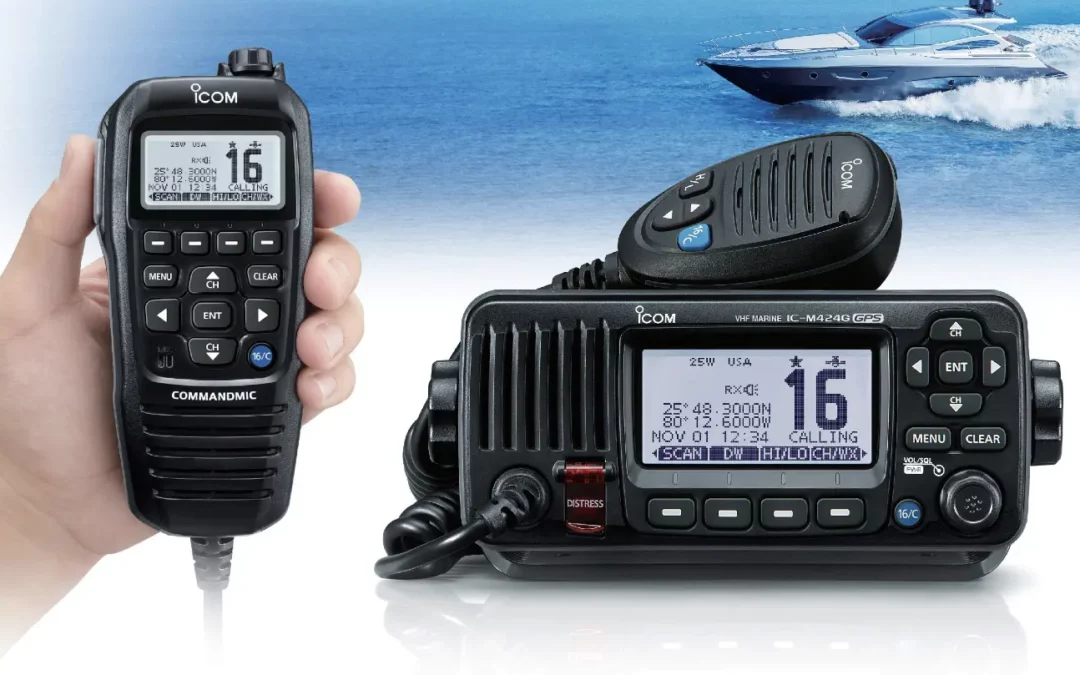
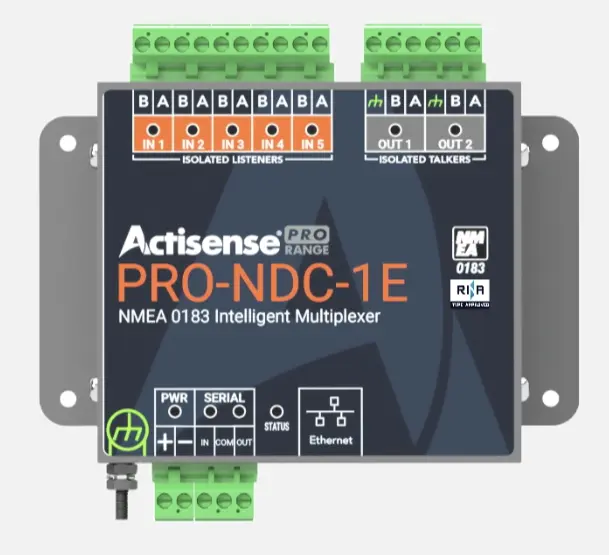
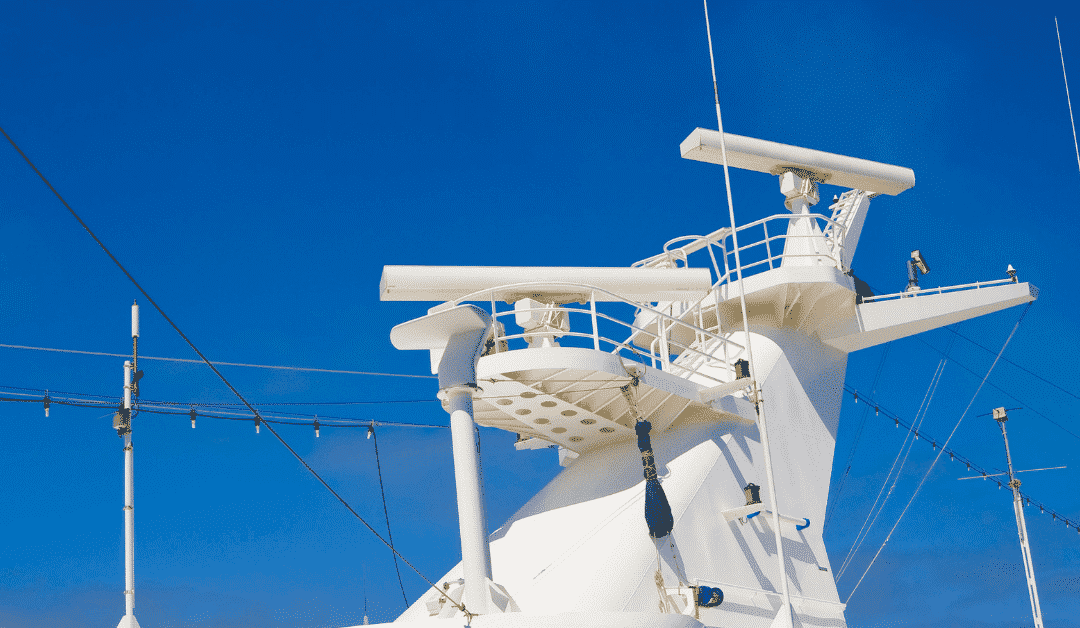
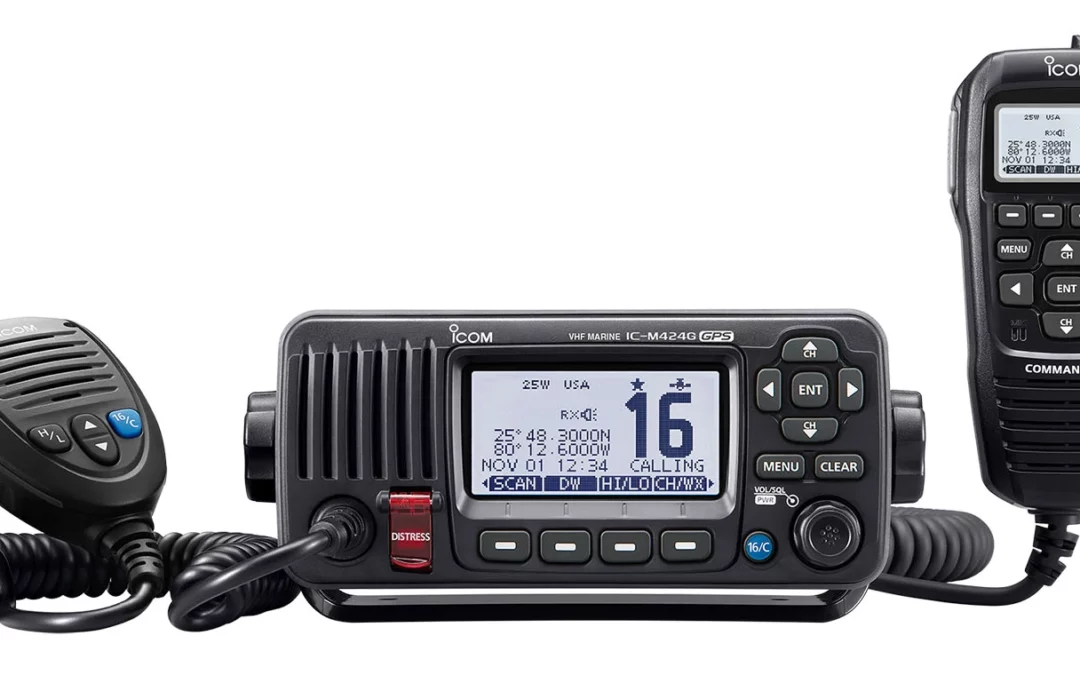
0 Comments